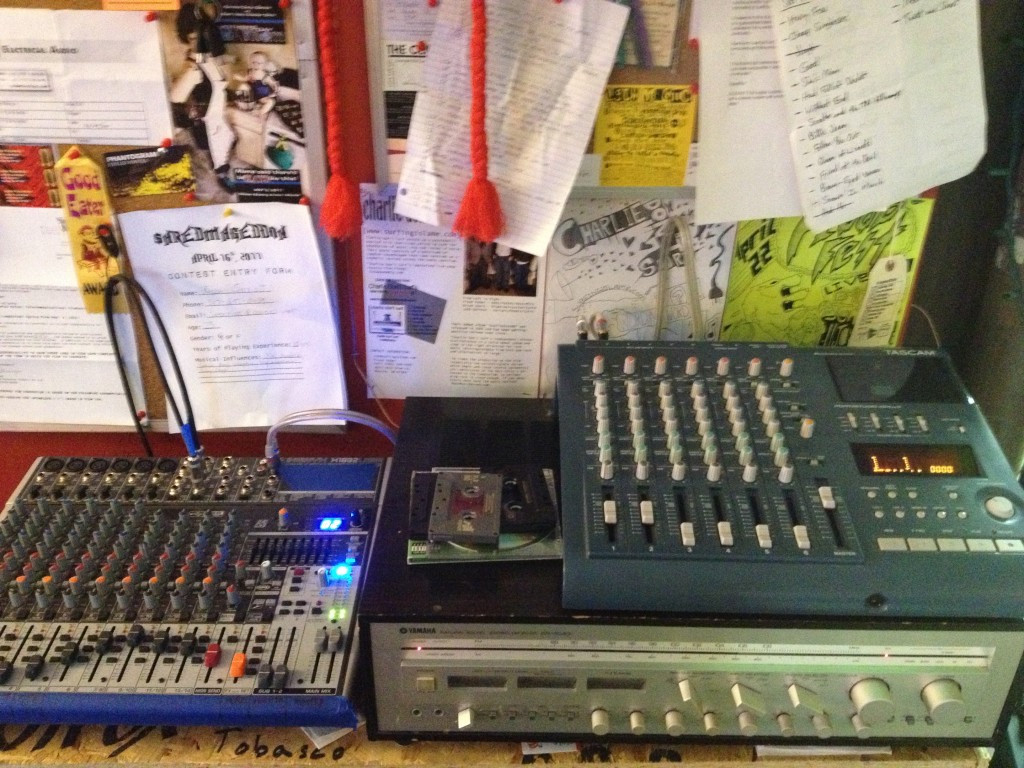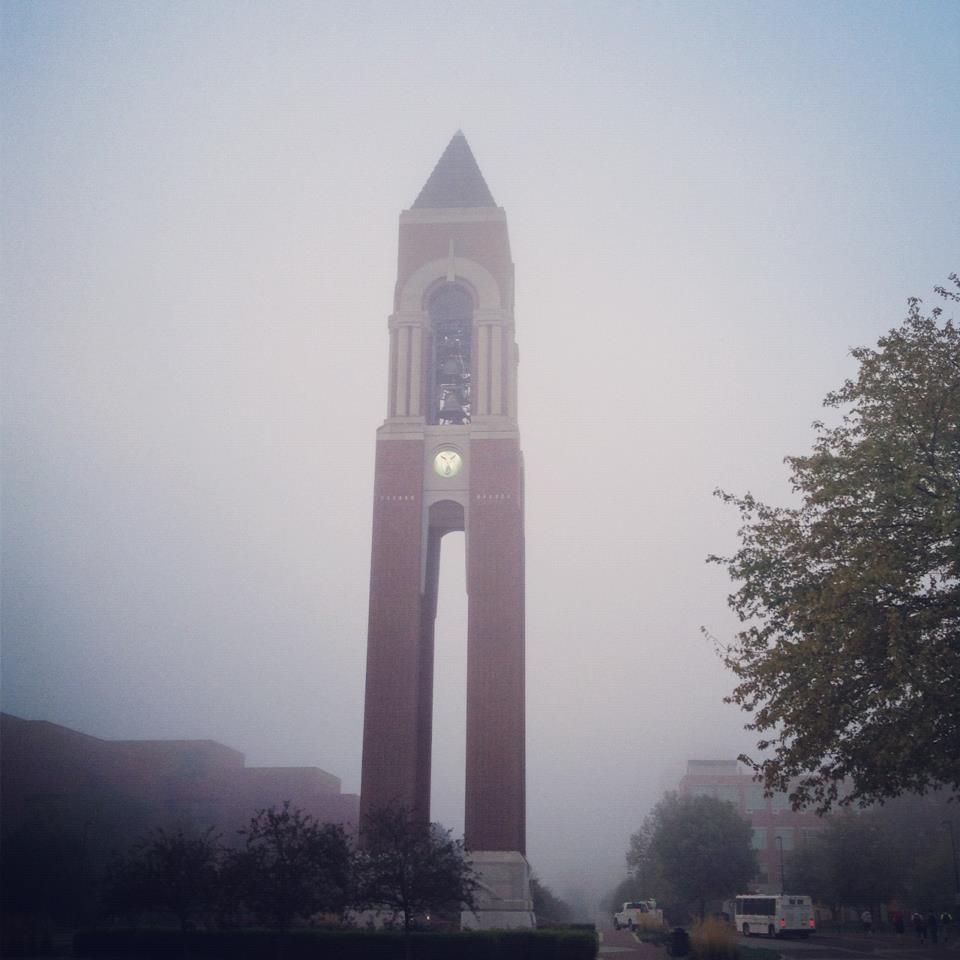Over the years I have recorded music using a variety of equipment ranging from mini cassette recorders to large mixing consoles. My first legit recording devices was a Tascam 4-track cassette recorder that was given to me when my guitar player’s brother upgraded his own recording setup. I didn’t care that it was a hand-me-down recorder. I was too busy being psyched about recording 4 tracks at once. At the time it was the best piece of recording equipment that I had used. It had its quirks. The RCA line outs no longer worked unless you folded up a piece of paper and wedged it under the jacks. Despite it being pretty well worn, I managed to squeeze a shitload of life out of the recorder. In fact, it’s still in my studio today. I use it whenever I want to mix something down to cassette.
I have always subscribed to the mantra that good gear does not always guarantee a good recording. Although there are times when high-end gadgetry makes a task easier, a lofty price tag does not always ensure that the final product will sound great. Much as ice skates would be useless to someone who doesn’t know what they’re doing, decent recording equipment won’t mean a thing if the operator has no idea what they’re doing. Understanding of the physics of sound and how it behaves in different environments will help you to better utilize both your space as well as your equipment.
Whether you’re an aspiring recording engineer or a musician looking to save some money by recording yourself rather than going into a studio, you all are chasing the same thing. You are both trying to capture the best representation of the music because you know that if the audio quality is shitty, people aren’t going to listen. So if you’re serious about recording and want to separate your work from the sea of amateurs that are flooding the internet with shoddy demo recordings, you need to do some homework. Luckily for you, I’ve compiled a list of books that I’ve come across over the years and have been recommending to to up-and-coming engineers. Now before you recoil in horror at the thought of having to fork over some of your precious earnings for this ancient book technology, keep in mind that these books contain everything you need to know to be a competent engineer. Some of these books are used to teach audio production at the college level, and you’re not even required to pay thousands of dollars in tuition. It’s not like sound is a new concept. Once you master the subject you’re pretty much set unless something crazy happens that alters the mass of the Earth… Even if that were to happen, you’d have bigger things to worry about. So quit your griping and let’s talk books.
- Audio in Media – http://preview.tinyurl.com/ksds3cx
This book is a solid introductory book. When I was teaching as an assistant at Ball State University, this was our go to book. It teaches everything from basic physics to microphone placement. A great resource for anyone interested in audio whether it be for music, radio, or for video applications. - The Recording Engineer’s Handbook – http://preview.tinyurl.com/pqr268a
This is the book that I recommend to anyone interested in recording music. This is a great book that includes information on microphones and interviews with top engineers expressing their philosophies on recording. - Mastering Audio – http://preview.tinyurl.com/m9kfovf
I have seen this book in every studio I have had the pleasure of visiting or working in. That being said, this isn’t the first book that I would recommend to someone just starting out. There are a number of heady topics discussed in this book. Pick this one up after you’ve been at it for a while. - On-Location Recording Techniques – http://preview.tinyurl.com/m9kfovf
The title is pretty self explanatory. If you plan on running/recording live sound, this book will be incredibly useful to you.
So there you have it, this concludes my list of recommended reads for beginners. Stock your bookshelves and absorb as much of this knowledge as possible. As with most things, books are no substitute for real-life experience but they do make it possible for you to minimize the learning curve. So don’t read the books and start acting like you know everything because it’s annoying and won’t earn you any respect.

